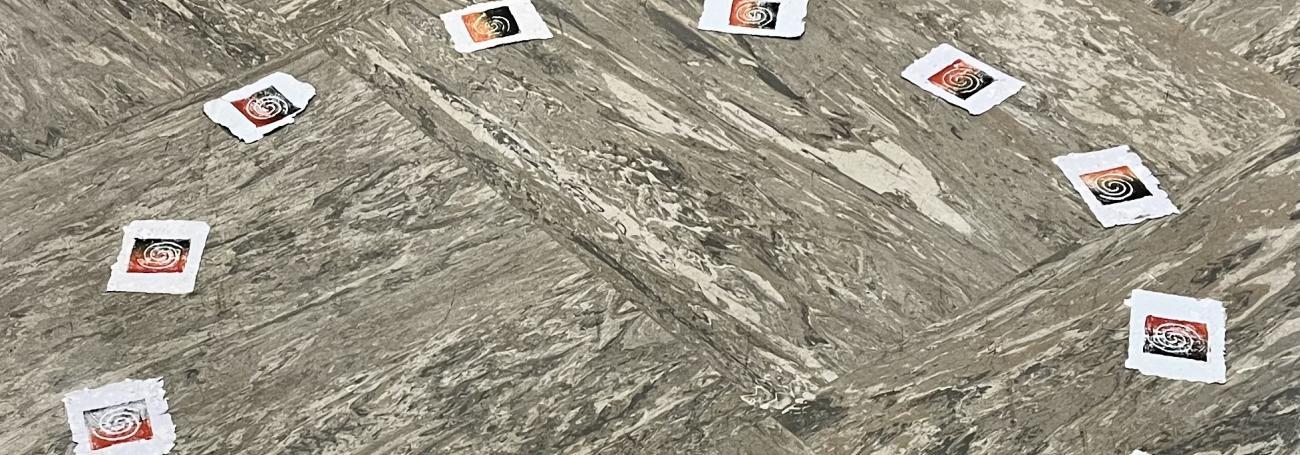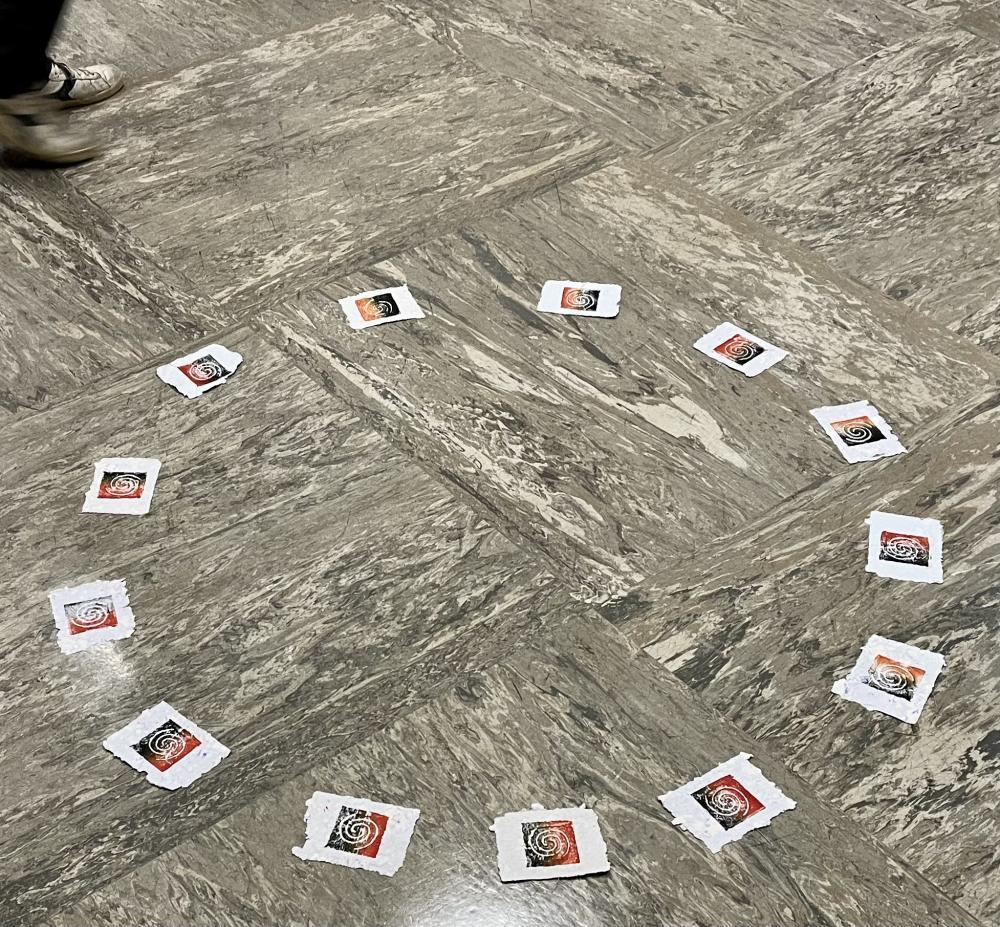
There is a unique restorative justice journey, worth sharing with our international community, especially to encourage others who have experienced similar “radical” and “extreme” life events to join the movement. “Radical” and “extreme” are the acts of political violence and terrorism, as much as the courage and openness to enter into a restorative dialogue with the “difficult other” (as some of them call each other).
On 28 September – 2 October 2022, the 5th international meeting of the Encounter of the Encounters took place in Milan, including two restorative dialogues open to the wider public interested in meeting with witnesses of restorative justice encounters in the aftermath of political violence and acts of terrorism.
Let’s first go back to the Summer 2018…


